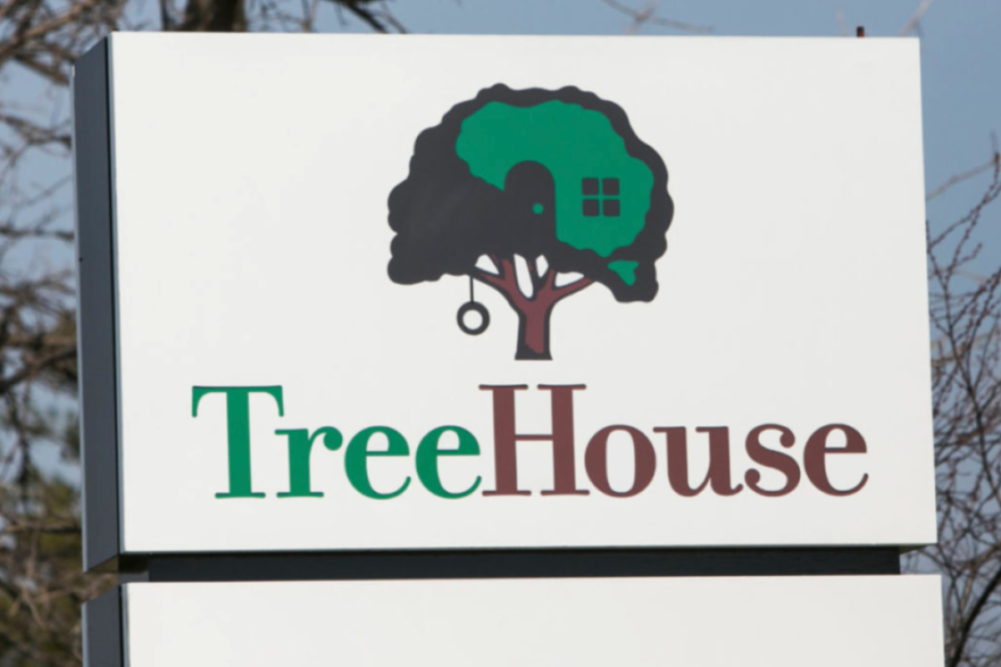OAK BROOK, ILL. — It took a global pandemic to trip up the North American private label market, but now it is starting to regain its stride and respond to a strong consumer demand signal, according to Steven T. Oakland, president and chief executive officer of private label product manufacturer TreeHouse Foods, Inc.
“Private label was built on a complexity model,” Mr. Oakland said during a presentation at the virtual Bank of America Leveraged Finance Conference on Nov. 30. “When you took complexity and you added volatility to it, our supply chain fell down across the industry …”
That situation created an opportunity for branded manufacturers to fill shelf space and grab market share.
“We also saw an unprecedented level of branded promotion early in the year (2021), a lot of high-value promotions, in-store activity as well as the kind of buy-one-get-one that showed up in the back of Q2,” said William J. Kelley, chief financial officer for TreeHouse Foods.
Putting private label at an additional disadvantage were federal stimulus programs that allowed many private label consumers to trade up to branded offerings.
Now that many of the federal stimulus programs have ended and much of the supply chain volatility experienced in the middle of 2020 has eased, manufacturers have been able to regain their footing and respond to the needs of retailers.
“We've seen a lot of things impact the macro food environment and impact private label in particular,” Mr. Oakland said. “But we think the fundamentals of the business remain incredibly strong. And, in fact, we are starting to see both the share of market for private label return, and we're starting to see some of our largest categories outperform private label, which is really encouraging for us.”
Input and logistics inflation remains a concern for TreeHouse Foods, but pricing actions taken during the third and fourth quarters of fiscal 2021 as well as those to be taken in the first quarter of fiscal 2022 are expected to offset inflation.
Mr. Oakland called the pricing environment with TreeHouse’s customers the most collaborative he’s seen it in his 30 years in the industry.
“I think this has caused us all to think differently,” he said. “And I think the relationships will be healthier going forward as a result of that.”
On Nov. 8, TreeHouse Foods’ board of directors announced it had begun a strategic review that may result in the sale of all or part of the company. Mr. Oakland was asked about the review during the presentation and said he did not see a possible breakup of the company as being too disruptive.
“I would take you back to, I think, February of 2020, when we announced the re-segmentation of the business,” he said. “Then we separated into our meal prep business (and) our snacking and beverage business. And we did that strategically because they're fundamentally different businesses, and we run them differently.”
For the third quarter ended Sept. 30, TreeHouse Foods net income totaled $6.7 million, equal to 12¢ per share on the common stock, down from the third quarter of fiscal 2020 when earnings were $12.1 million, or 21¢ per share.
Sales for the quarter rose slightly to $1.1 billion from $1.05 billion the year before.
Meal Preparation, the company’s largest business unit, had sales of $690 million during the quarter, up 7.4%. The increase was attributed to the acquisition of Riviana Foods’ pasta brands. The Snacking and Beverages business unit had sales of $403 million, up 2%. Volume/mix and higher pricing underpinned the rise in sales.
